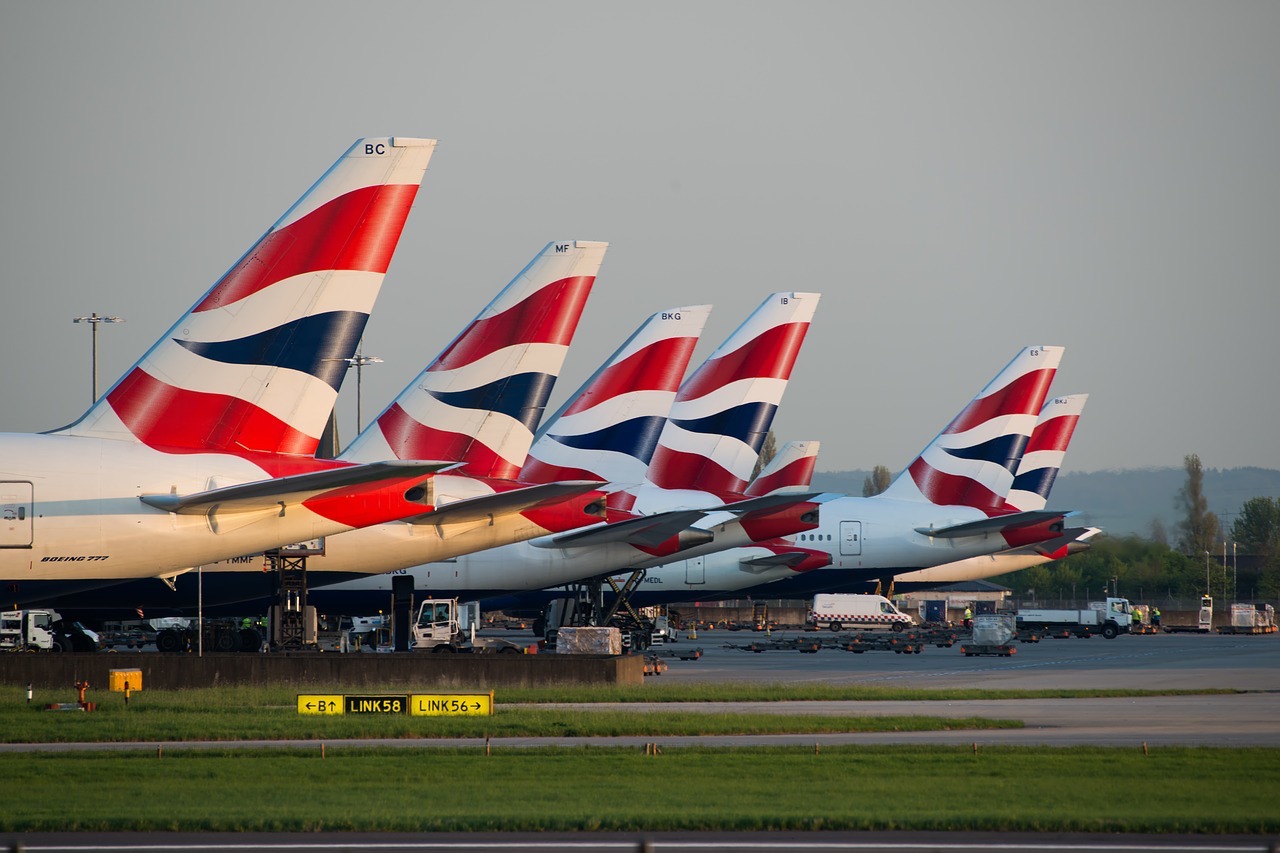It’s probably no surprise to anyone but it has been confirmed by Chancellor Philip Hammond in his new Budget – the last before Brexit – that Air Passenger Duty will increase for long-haul flights from April 2020. Air Passenger Duty tax will be indexed so that it rises in line with inflation each year.
This means that the rates for long-haul economy will increase by £2, and the rates for those travelling in premium economy, business and first class will increase by £4. Those travelling long-haul in private jets will see the rate increase by £13.
The rise does not affect short haul flights where APD is frozen. The Government said not increasing APD on short-haul flights would keep the costs down for 80% of passengers.
So what exactly is Air Passenger Duty tax?
Any airplane weighing 5.7 tonnes or more with a fixed wing flying out of a UK airport with passengers will attract the tax.
Every passenger onboard will have to pay a rate based on the destination. The bands are determined by government in two separate bands for short-haul and long-haul.
Band A is for any flights up to 2,000 miles from London to the capital of the destination country’s capital. This includes short-haul destinations including all EU and EEA countries, as well as a host of non-EU countries including Morocco, Turkey and Switzerland. You can see the full list of APD tax rates here (The Channel Islands and Isle of Man are also included).
Band B applies to any flight that’s over 2,000 miles from London to the country’s capital. So basically, what we’d consider to be long-haul – and these are the destinations that are attracting the rise in APD which is in line with inflation.
Some airlines though are not happy with the rise. British Airways‘ parent company IAG calls it an “outdated tax” and wants it scrapped.
A statement released by the company said:
It’s ironic that this Brexit budget has undermined Britain’s global competitiveness by upping Air Passenger Duty, the world’s highest aviation tax, again.
Last year, British Airways’ passengers paid £682 million in APD. We want to offer more flights to key trading markets, like our European competitors, but APD stifles route development to new emerging markets.
This outdated tax also costs UK jobs and growth. If Britain wants to compete on the global stage post Brexit, it should be scrapped now.
Source : https://www.thetravelmagazine.net/uk-budget-2018-air-passenger-duty-rises-in-2020/


